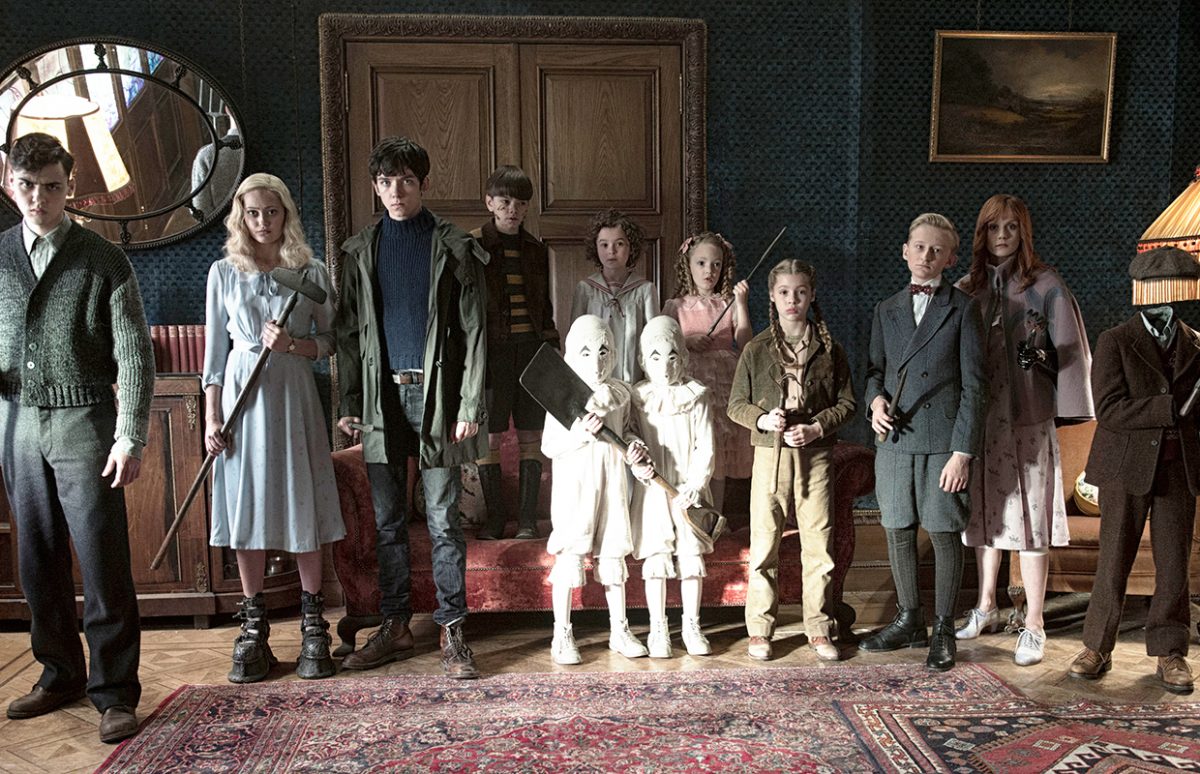
Tim Burton’s latest film is being hailed as his best in twenty years. Miss Peregrine’s Home for Peculiar Children could have been written for the director who has always had a fascination for misfits, from Edward Scissorhands to Ed Wood or Corpse Bride. The film is based on the best selling American novel by Ransom … Continue reading “Tim Burton: Gloriously Peculiar”
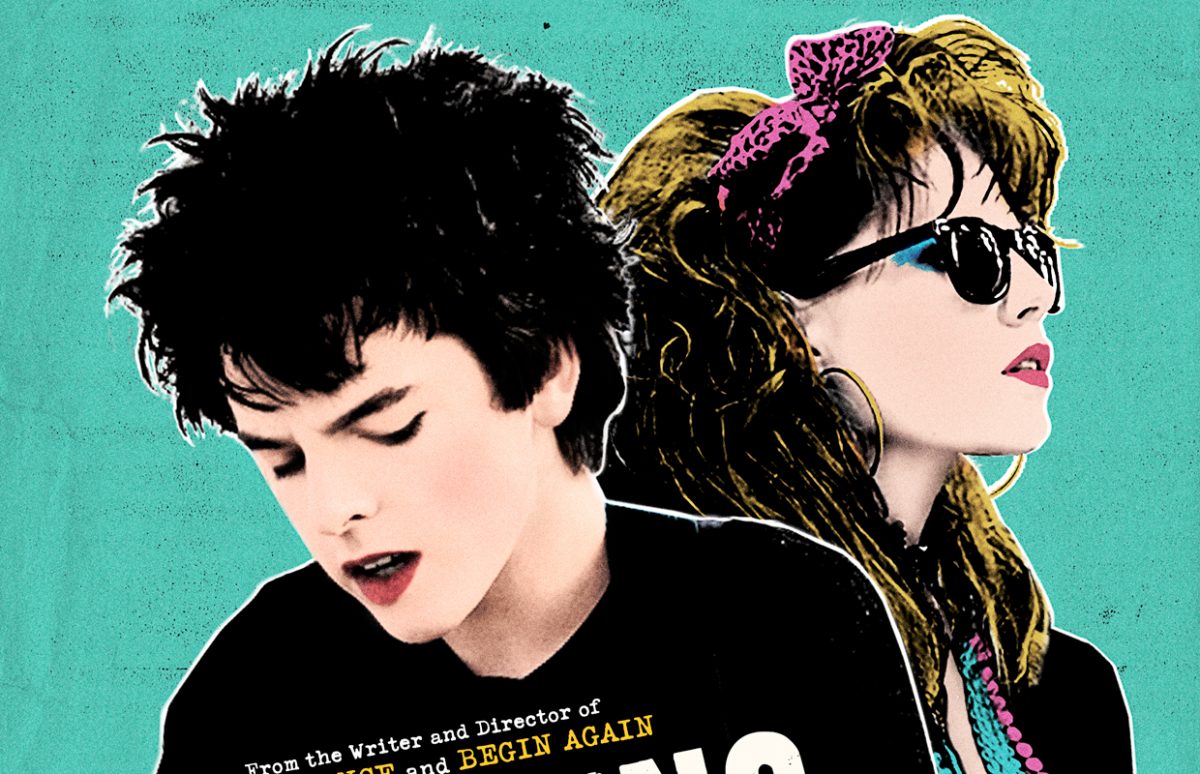
The 27th edition of the Dinard British Film Festival marks the triumph of Sing Street. The film swept the board with wins in four categories: – The Golden Hitchcock Jury Grand Price Cine + – Hitchcock for Best screenplay, by Allianz – Hitchcock of the Audience Premiere – La règle du jeu Heartbeat Hitchcock. Sing … Continue reading “And the winner is…”

To accompany the Oscar Wilde exhibition now on at the Petit Palais in Paris, the Sorbonne is offering a free MOOC about Oscar Wilde, in French, from October 26. The online course is taught by English Literature professor Pascal Aquien. It will consist of six sessions, each with six 10-minute parts. They will start out … Continue reading “Oscar Wilde: Online Learning”

On Tuesday 27 September, Elon Musk shared his vision of the “new frontier”: human colonisation of Mars. As CEO of SpaceX, he was speaking at the International Astronautical Congress (IAC) in Guadalajara, Mexico. Musk said that he wants to establish a human colony on Mars in 2022. Better than Kennedy when he decided in 1961 … Continue reading “To Infinity and Beyond!”

The first of the three presidential debates will take place on Monday night 26 September*. If you are interested in the face to face Clinton/Trump, you will have to wait until 3 in the morning! Officially, there are 5 candidates racing for the White House. Then why there will be only two candidates for a … Continue reading “What a Debate!”
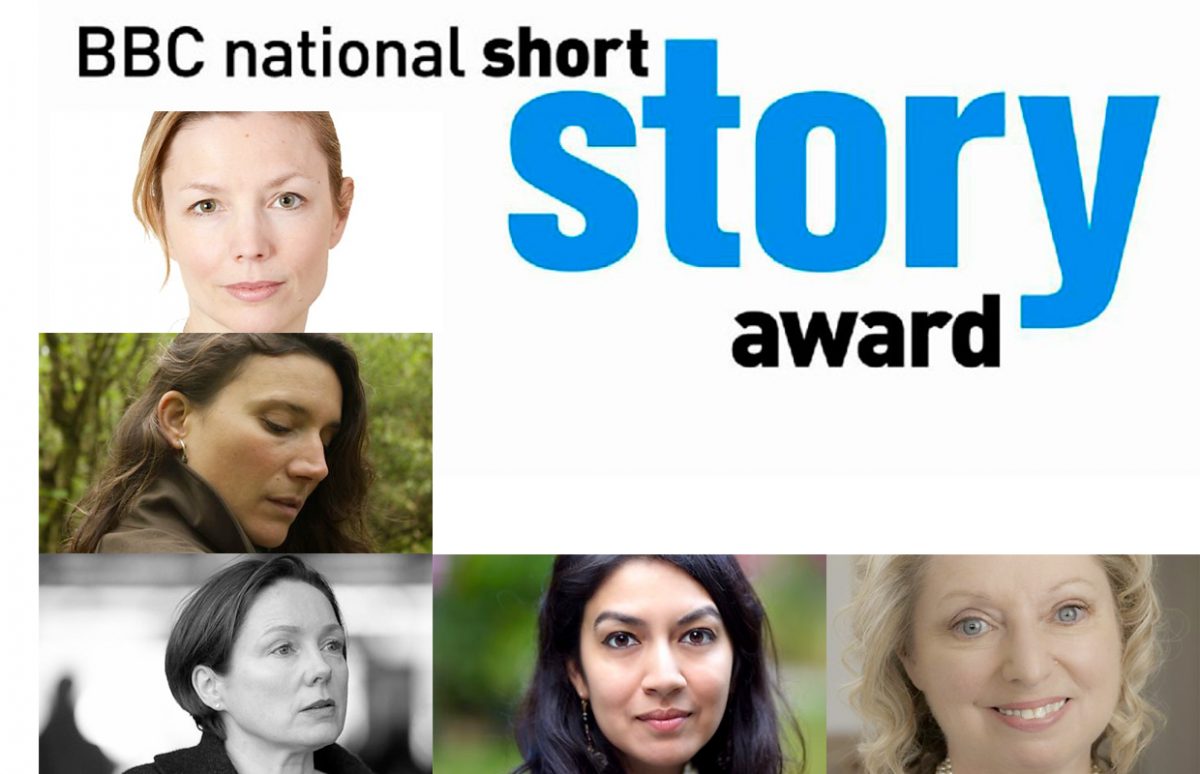
Every year, the BBC National Short Story Award contains some real gems of short fiction — and you can download the audio versions to listen to at leisure. Previous awards have been given to both unknown authors and well-established ones. This year, all five authors on the shortlist are women. Their stories have protagonists ranging … Continue reading “National Short Story Award to Listen to and Keep”
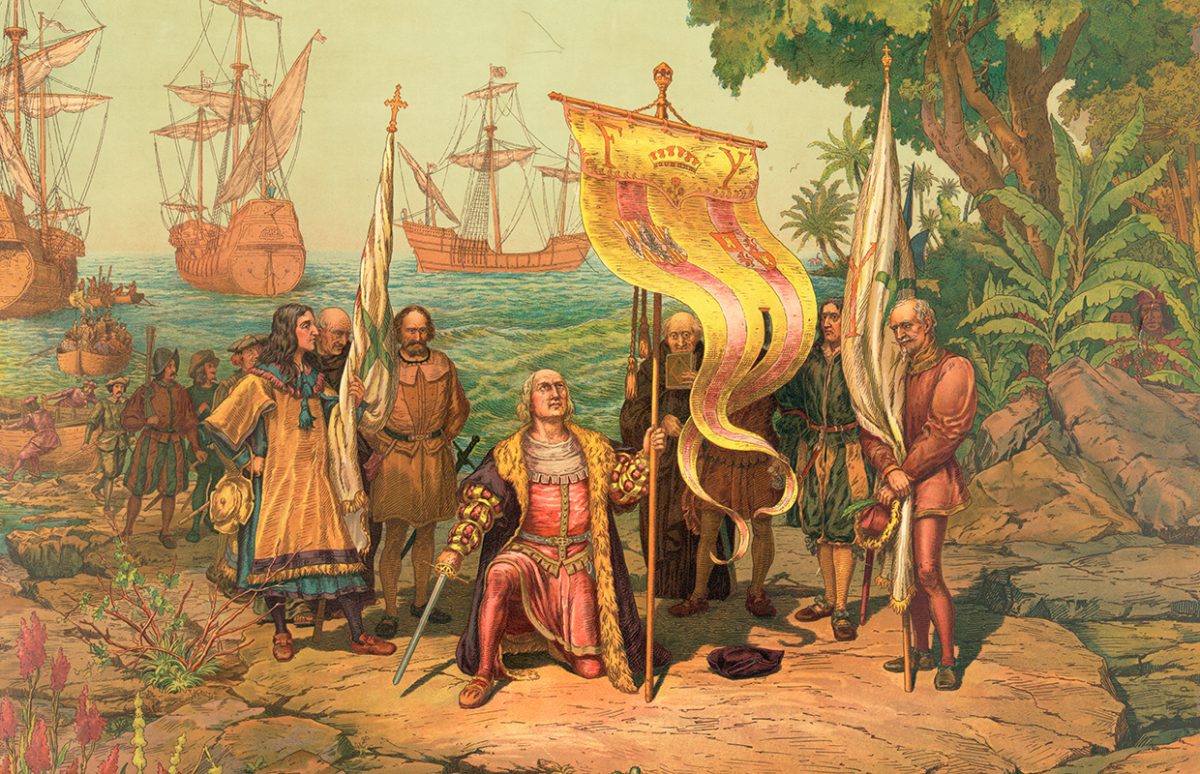
Columbus Day in October is a good time for class work exploring this controversial figure, and how his legacy is perceived in the U.S.A. and in Spanish-speaking countries. Christopher Columbus is honoured with a national holiday in the U.S.A., on the second Monday in October. For collège, this is a relatively simple description of Columbus … Continue reading “Christopher Columbus, Myth or Hero?”

From 28 September to 2 October, Dinard will celebrate the 27th edition of its British Film Festival. This year, the jury will be headed by French director Claude Lelouch who will personally award the Golden Hitchcock. There are six films in competition and a whole host of homages and premieres, to catch the best new … Continue reading “Dinard British Film Festival”
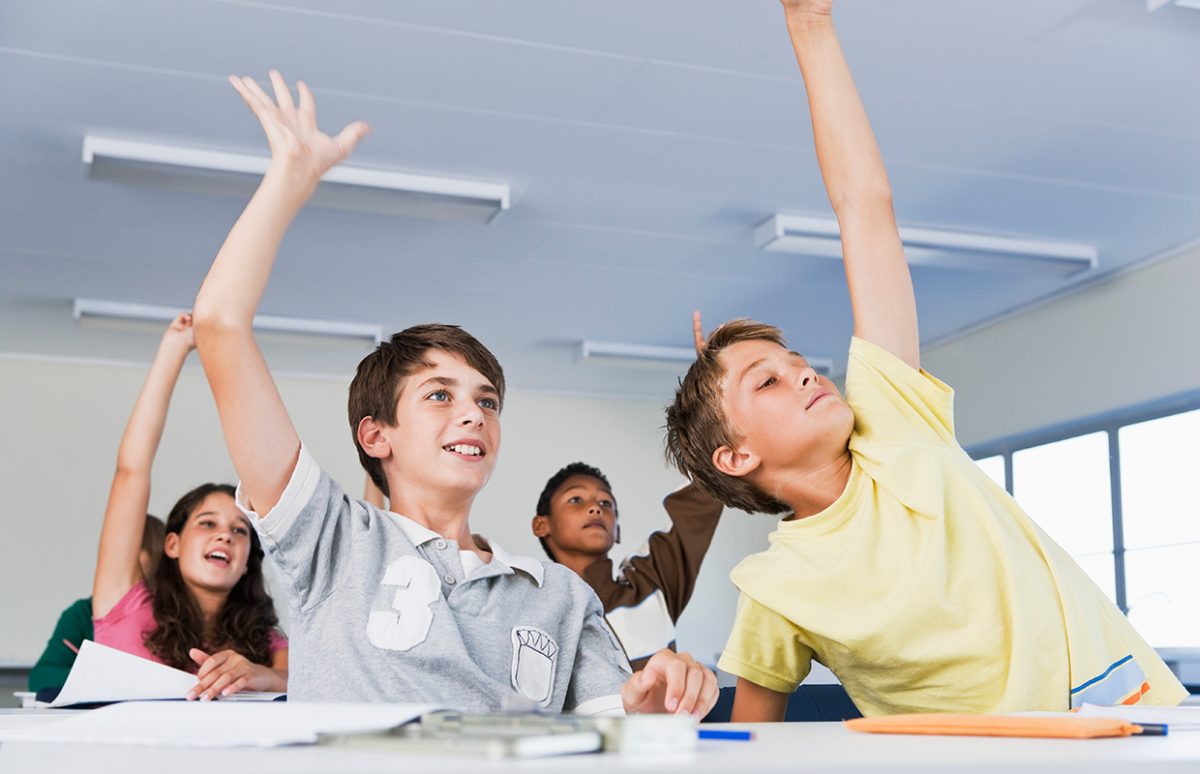
Il est souvent question aujourd’hui dans la société civile de démocratie participative pour réconcilier les citoyens avec la politique. De la même façon et par transposition, la communauté éducative peut explorer le thème de la pédagogie participative et collaborative pour réconcilier certains élèves avec l’apprentissage et, pourquoi pas, renforcer la motivation de tous ? Le cours … Continue reading “Le cours de langue comme lieu d’apprentissage d’une citoyenneté sereine”

In less than 2 decades, with Zip2, PayPal, SpaceX and Tesla Motors, the South African entrepreneur Elon Musk has become one of the most influential entrepreneurs in the world. A mix between Tony (Iron Man) Stark and Henry Ford, Elon Musk’s life story reads like a myth or maybe a comic book. Born and raised in … Continue reading “Elon Musk: a Serial Entrepreneur”














